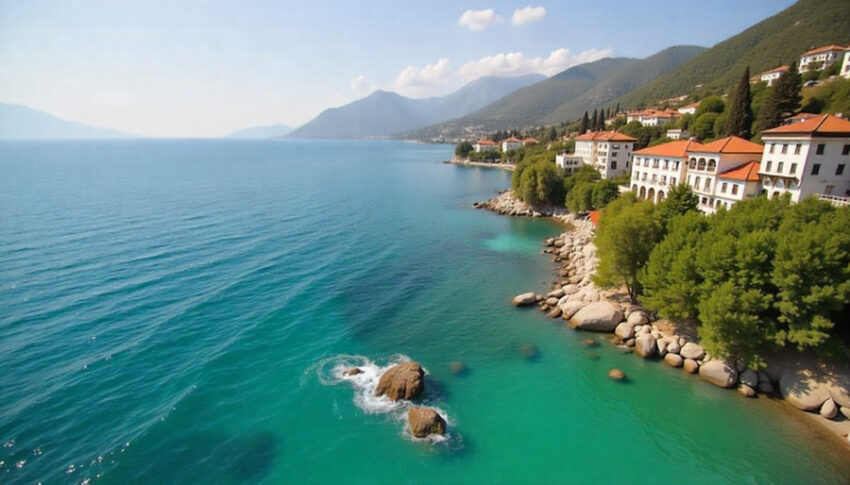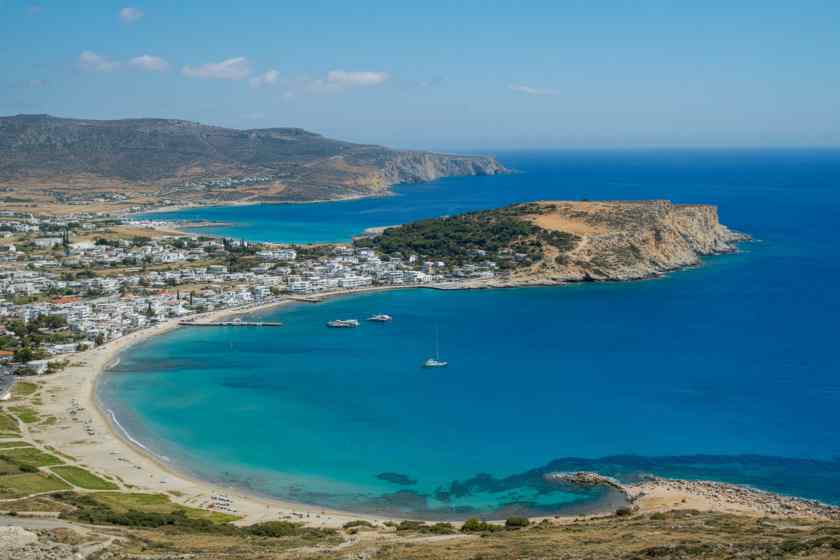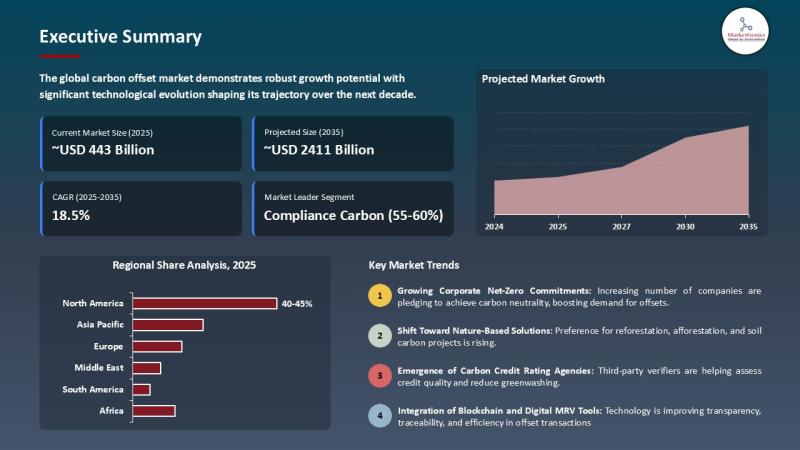Report on the Performance and Sustainable Development of Bulgaria’s Tourism Sector
Executive Summary
Bulgaria’s tourism sector is demonstrating robust growth, with projections from the World Travel and Tourism Council (WTTC) indicating an 8.4% contribution to the nation’s Gross Domestic Product (GDP) by 2025. This performance exceeds initial forecasts and underscores the sector’s critical role in advancing national economic objectives, particularly in alignment with the United Nations’ Sustainable Development Goals (SDGs). This report details the sector’s performance in the first half of 2025, strategic initiatives focused on sustainability, and its socio-economic impact, with significant emphasis on its contributions to SDG 8 (Decent Work and Economic Growth), SDG 10 (Reduced Inequalities), SDG 11 (Sustainable Cities and Communities), and SDG 12 (Responsible Consumption and Production).
Economic Performance and Contribution to SDG 8
The tourism industry’s financial performance provides a direct contribution to SDG 8 by promoting sustained, inclusive, and sustainable economic growth, full and productive employment, and decent work for all.
Growth Projections and GDP Contribution
- Projected GDP Contribution: The sector is on track to contribute 8.4% to Bulgaria’s GDP by 2025, a key indicator of its role in achieving national economic productivity goals as outlined in SDG 8.
- Surpassing Forecasts: The current growth trajectory surpasses the Ministry of Tourism’s original, more conservative estimates, signaling a strong recovery and expansion.
Tourism Arrival Statistics (H1 2025)
Data from the National Statistical Institute for the first half of 2025 reveals growth that outpaces official projections, reinforcing the sector’s economic vitality.
- Domestic Tourism: Experienced a 2.9% increase, significantly higher than the projected 1% growth.
- International Arrivals: Grew by 3.6% (excluding transit), exceeding the forecast of 2% growth.
Financial Management and Stability
Prudent financial management ensures the long-term stability of the sector. In the first half of 2025:
- Revenue Collection: Revenues from fees, fines, and charges reached 37.75% of the annual target.
- Budgetary Expenditure: Spending was managed effectively, reaching 50% of the planned budget, indicating balanced fiscal control.
Strategic Initiatives for Sustainable Tourism Development
The Ministry of Tourism is implementing a multi-faceted strategy to ensure the sector’s growth is environmentally responsible and economically beneficial, directly addressing several SDGs.
Policy Framework and Alignment with SDG 12
A primary focus is the enhancement of the national regulatory framework to embed principles of sustainability. This initiative directly supports SDG 12 by promoting sustainable consumption and production patterns within the tourism industry. Efforts include:
- Improving tourism policies to ensure long-term, sustainable growth.
- Developing national marketing campaigns that highlight Bulgaria as a destination for responsible and eco-tourism.
Diversification of Tourism Offerings for Sustainable Growth
To build resilience and appeal, Bulgaria is diversifying its tourism products, which contributes to safeguarding cultural and natural heritage (SDG 11.4) and promoting economic diversification (SDG 8.2).
- Cultural and Heritage Tourism: Showcasing the nation’s rich history.
- Adventure and Eco-Tourism: Leveraging diverse natural landscapes responsibly.
- Wellness Tourism: Capitalizing on a growing global trend.
International Collaboration and SDG 17
The strategy emphasizes strengthening international partnerships to enhance the sector’s global competitiveness. This approach aligns with SDG 17 (Partnerships for the Goals) by fostering international cooperation to support sustainable tourism.
Socio-Economic Impact and Regional Development
The tourism sector is a fundamental driver of social equity and regional development, contributing to goals related to employment and inequality reduction.
Employment Generation and Decent Work (SDG 8)
The industry is a vital source of employment, creating jobs across hospitality, transport, and retail. This growth is crucial for achieving Target 8.9, which aims to devise and implement policies promoting sustainable tourism that creates jobs.
Regional Equity and Sustainable Communities (SDG 10 & SDG 11)
Tourism plays an essential role in supporting regional economies, particularly in rural and remote areas. By driving economic activity outside of the capital, the sector helps:
- Reduce regional disparities and inequalities (SDG 10).
- Support the economic viability of smaller cities and communities, making them more inclusive and sustainable (SDG 11).
Outlook and Future Commitments
The outlook for Bulgaria’s tourism industry is highly positive. The sector is well-positioned to continue its growth trajectory, driven by strategic government initiatives and increasing global travel demand. Future efforts will remain focused on embedding the principles of the 2030 Agenda for Sustainable Development into all aspects of tourism policy and practice. This forward-thinking approach ensures that the industry will not only contribute significantly to the national economy but also advance Bulgaria’s commitment to a sustainable and equitable future.
Analysis of Sustainable Development Goals in the Article
-
Which SDGs are addressed or connected to the issues highlighted in the article?
The article on Bulgaria’s tourism sector connects to several Sustainable Development Goals (SDGs) by highlighting economic growth, job creation, sustainable practices, and regional development. The following SDGs are addressed:
- SDG 8: Decent Work and Economic Growth: The article’s central theme is the significant economic contribution of tourism to Bulgaria’s GDP, its role as a “vital source of employment,” and its function in driving the “nation’s economic performance.”
- SDG 10: Reduced Inequalities: The article mentions that tourism supports “regional development” by boosting local economies in “smaller cities and rural areas,” which helps in “reducing regional disparities.”
- SDG 11: Sustainable Cities and Communities: The focus on promoting “cultural, adventure, and eco-tourism” and showcasing Bulgaria’s “rich history, diverse landscapes,” and “natural and cultural heritage” directly relates to the goal of safeguarding cultural and natural heritage.
- SDG 12: Responsible Consumption and Production: The article explicitly states that the Ministry of Tourism is working to “promote sustainable tourism” and ensure the sector is “environmentally responsible” through “policy improvements” and “sustainable growth.”
- SDG 17: Partnerships for the Goals: The text highlights the importance of “enhancing international collaboration” and using “international partnerships” to position Bulgaria as an attractive tourist destination, which aligns with the goal of strengthening global partnerships for sustainable development.
-
What specific targets under those SDGs can be identified based on the article’s content?
Based on the article’s discussion of tourism’s economic and social impacts, several specific SDG targets can be identified:
- Target 8.9: “By 2030, devise and implement policies to promote sustainable tourism that creates jobs and promotes local culture and products.” The article directly addresses this by describing the Ministry’s strategic focus on “sustainable tourism development,” policy improvements, and the sector’s role in “creating jobs” and promoting “cultural heritage.”
- Target 10.2: “By 2030, empower and promote the social, economic and political inclusion of all, irrespective of age, sex, disability, race, ethnicity, origin, religion or economic or other status.” The article’s emphasis on tourism supporting “smaller cities and rural areas” and “reducing regional disparities” aligns with the economic inclusion aspect of this target.
- Target 11.4: “Strengthen efforts to protect and safeguard the world’s cultural and natural heritage.” The Ministry’s strategy to diversify tourism offerings by “emphasizing both natural and cultural heritage” and promoting “cultural, adventure, and eco-tourism” directly supports this target.
- Target 12.b: “Develop and implement tools to monitor sustainable development impacts for sustainable tourism that creates jobs and promotes local culture and products.” The article mentions the government’s work on “policy improvements and regulatory framework” designed for “long-term, sustainable growth” and ensuring the sector is “environmentally responsible,” which are foundational steps for monitoring sustainable impacts.
- Target 17.17: “Encourage and promote effective public, public-private and civil society partnerships, building on the experience and resourcing strategies of partnerships.” The article’s reference to “enhancing international collaboration” and leveraging “international partnerships” to market Bulgaria reflects the essence of this target.
-
Are there any indicators mentioned or implied in the article that can be used to measure progress towards the identified targets?
The article provides several quantitative and qualitative indicators that can be used to measure progress towards the identified targets:
- Tourism’s direct contribution to GDP: The projection that tourism will “contribute 8.4% to the nation’s Gross Domestic Product (GDP) by 2025” is a direct indicator for Target 8.9.
- Growth in tourist arrivals: The article provides specific data points, such as a “2.9% rise” in domestic tourism and a “3.6%” growth in international visitors. These figures serve as indicators for the health and growth of the tourism sector.
- Employment in the tourism sector: Although no specific numbers are given, the article implies that job creation is a key metric, stating that tourism is a “vital source of employment” and that “more Bulgarians are finding work in tourism-related fields.”
- Development of sustainable tourism policies: The mention of the Ministry’s priority to improve the “country’s tourism policies and regulatory framework” to ensure “long-term, sustainable growth” is an indicator of progress towards Target 12.b.
- Reduction in regional economic disparities: The article implies that the economic impact on “smaller cities and rural areas” is a measure of success, suggesting that progress can be tracked by monitoring economic activity in these regions (Target 10.2).
-
Create a table with three columns titled ‘SDGs, Targets and Indicators” to present the findings from analyzing the article. In this table, list the Sustainable Development Goals (SDGs), their corresponding targets, and the specific indicators identified in the article.
SDGs Targets Indicators SDG 8: Decent Work and Economic Growth Target 8.9: Promote sustainable tourism that creates jobs. - Tourism sector’s contribution to GDP (projected at 8.4% by 2025).
- Creation of jobs in hospitality, transportation, and retail.
SDG 10: Reduced Inequalities Target 10.2: Promote social and economic inclusion. - Economic activity and growth in smaller cities and rural areas.
- Reduction of regional disparities through tourism revenue.
SDG 11: Sustainable Cities and Communities Target 11.4: Protect and safeguard cultural and natural heritage. - Promotion of cultural, adventure, and eco-tourism.
- Diversification of tourism offerings based on natural and cultural heritage.
SDG 12: Responsible Consumption and Production Target 12.b: Develop and implement tools to monitor sustainable development impacts for sustainable tourism. - Implementation of policy improvements and a regulatory framework for sustainable growth.
- Growth in international and domestic tourist arrivals (3.6% and 2.9% respectively).
SDG 17: Partnerships for the Goals Target 17.17: Encourage and promote effective partnerships. - Establishment and enhancement of international collaborations and partnerships.
Source: travelandtourworld.com







